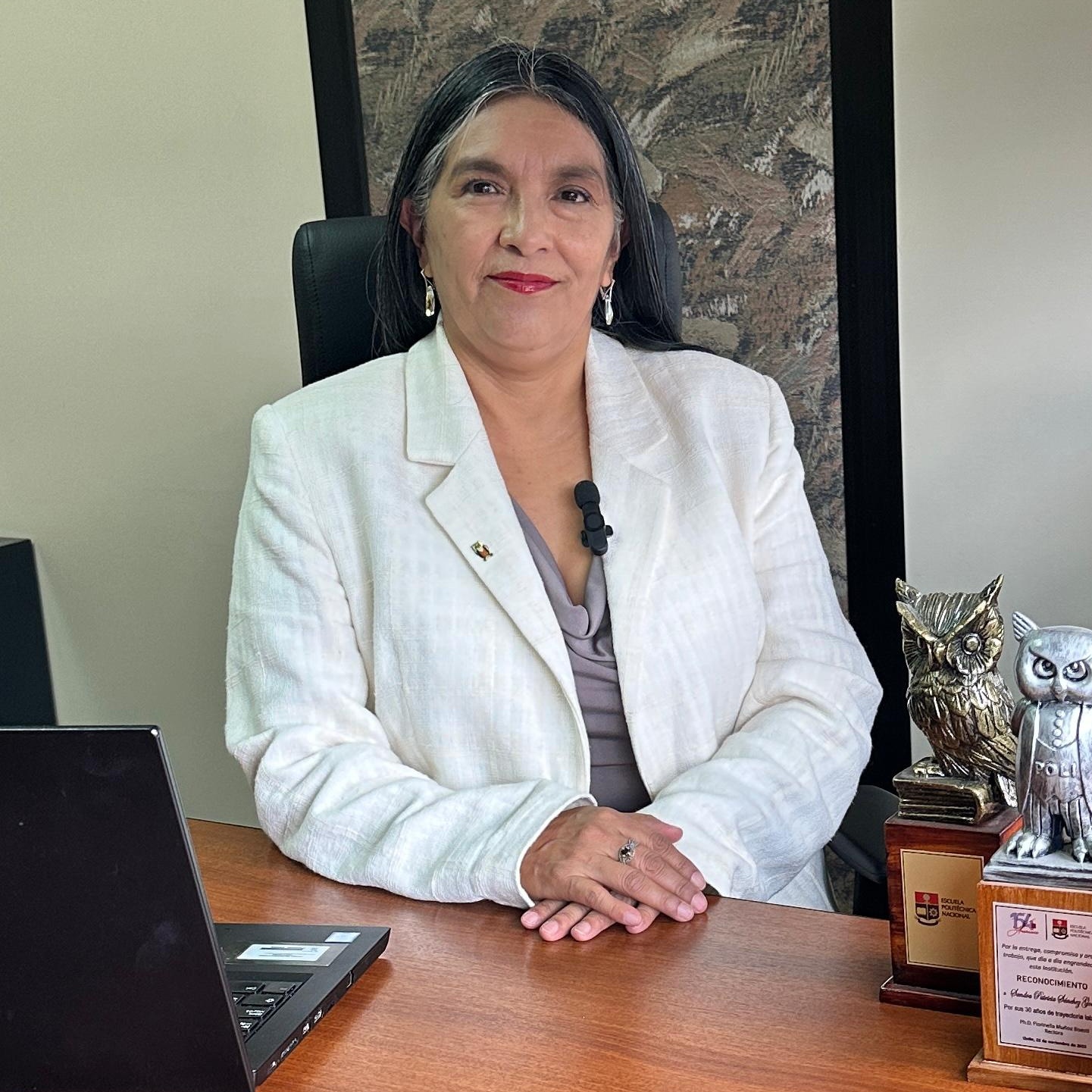Web accessibility evaluation of massive open online courses on Geographical Information Systems
Abstract:
This paper describes some of the challenges that exist to make accessible massive open online courses (MOOCs) on Geographical Information Systems (GIS). These courses are known by the generic name of Geo-MOOCs. A MOOC is an online course that is open to the general public for free, which causes a massive registration. A GIS is a computer application that acquire, manipulate, manage, model and visualize geo-referenced data. The goal of a Geo-MOOC is to expand the culture of spatial thinking and the use of geographic information, enabling geospatial web technologies for widespread use. However, the Geo-MOOCs, by nature, have inherent problems of accessibility. The Convention on the Rights of Persons with Disabilities (CRPD), Article 24, recognize the right of persons with disabilities to education. 'States Parties must ensure that persons with disabilities are able to access general tertiary education, vocational training, adult education and lifelong learning without discrimination and on an equal basis with others' [1]. Therefore, it is important to have accessible Geo-MOOCs. In this paper, we present the results of the evaluation of a Geo-MOOC called 'Maps and the Geospatial Revolution' using three tools available for free on the Internet: Chrome Developer Tools - Accessibility Audit, eXaminator and WAVE; and included a selection of web content and geographical data representative of the course. This provided feedback for establishing recommendations to improve the accessibility of the analyzed course. Other Geo-MOOCs can also benefit from these recommendations. © 2014 IEEE.
Año de publicación:
2014
Keywords:
- Automatic Accessibility Evaluation Tools
- eXaminator
- Geo-MOOC
- Web accessibility
- WAVE
- Chrome Accessibility Audit
- Massive open online courses
- Geographical information systems
Fuente:
 scopus
scopusTipo de documento:
Conference Object
Estado:
Acceso restringido
Áreas de conocimiento:
- Tecnología educativa
Áreas temáticas de Dewey:
- Ciencias de la computación
Objetivos de Desarrollo Sostenible:
- ODS 4: Educación de calidad
- ODS 10: Reducción de las desigualdades
- ODS 17: Alianzas para lograr los objetivos
